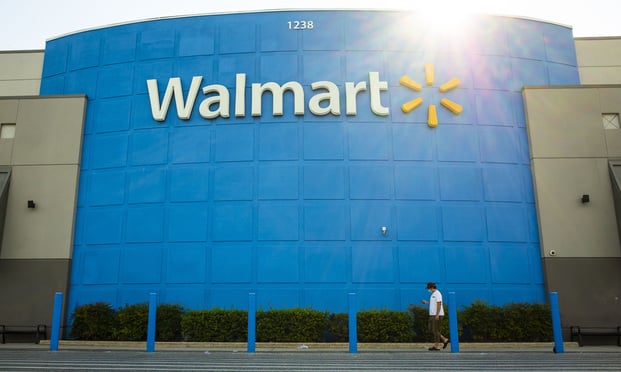 Health plan benefits are designed to make health care affordable and accessible, and there's no stigma in asking for help.
Health plan benefits are designed to make health care affordable and accessible, and there's no stigma in asking for help.
Recently, the Centers for Disease Control and Prevention released staggering data about drug overdoses; in the 12 months between April 2020 and April 2021, more than 100,000 people died from a drug overdose; this is the first time that overdose deaths have reached six figures. Drug addiction does not discriminate among race, class, gender, sexuality, religion, education, or profession.
Continue Reading for Free
Register and gain access to:
- Breaking benefits news and analysis, on-site and via our newsletters and custom alerts
- Educational webcasts, white papers, and ebooks from industry thought leaders
- Critical converage of the property casualty insurance and financial advisory markets on our other ALM sites, PropertyCasualty360 and ThinkAdvisor
Already have an account? Sign In Now
© 2024 ALM Global, LLC, All Rights Reserved. Request academic re-use from www.copyright.com. All other uses, submit a request to [email protected]. For more information visit Asset & Logo Licensing.








